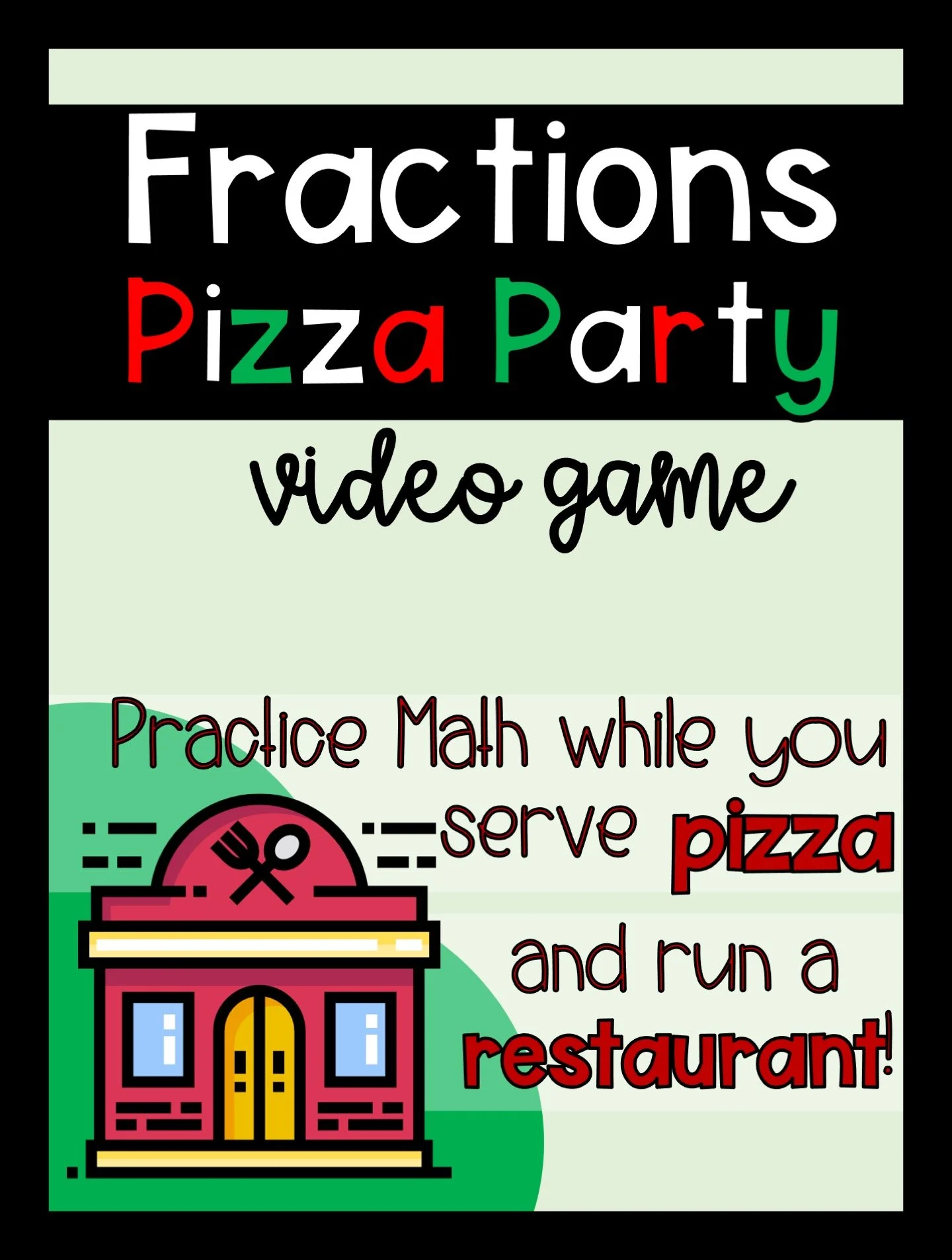Parts of Speech Games
Parts of Speech Games
As a Latin teacher, I’m a sucker for a tricky part of speech identification. In fact, the first week of school we talk about nothing but parts of speech! Many languages are hard to understand without being able to identify nouns, verbs, adjectives, etc. It makes decoding sentences so much easier!
Students need plenty of practice identifying parts of speech. I have my students play parts of speech games to review and practice what they know.
Why play parts of speech games? Here is a list of reasons parts of speech games are necessary for the classroom:
Students are more engaged while playing a game
A healthy competition encourages students to step up and try their best
Students work at their own pace through some games, which puts them in control of their learning and review
Games can be used at multiple points in the learning process: to introduce material and survey what students know, to deliver the content lesson, and then for review!
Games allow for independent work, which allows teachers to be more mobile and observe and intervene as necessary
When it comes to planning for parts of speech games, there are multiple types of games. I love to use different styles of gaming for different purposes with my students. Here are 3 free, pre-made (public) games to try!
Gimkit is perfect for getting in a TON of quick practice. Here is a free set to play online!
Blooket can be used a few different ways. My students love the Gold Quest style, but when I want them to take more time on each question, I love Battle Royale or a self-paced HW assignment. Here is a free set to play online!
Factile is a free Jeopardy game I’ve used a lot in the middle school classroom. Here is a free parts of speech Jeopardy game!
I believe that there are many ways that using games in the classroom enhances learning for students. I also believe that games add to the rigor of my curriculum: the pace of gamified learning encourages students and engages them in ways that textbooks and worksheets cannot. Some teachers are hesitant to let the chaos of gaming into the classroom– and I get it! Here are some tips I’ve received for classroom gaming over the years:
No games with “turns” or “outs”, so that students are engaged with the game and not distracted
Allow the time spent “playing” create space for you to transition from teacher to observer! Walk around and see what your students are able to achieve. I love the idea of “guide on the side” not “sage on the stage” during gaming.
Consider pre-made games for HW or independent activities – students ask me to make extra games for them to practice on their own time (use games to engage students with the material).
Parts of Speech Digital Escape Room Games
My ultimate review game for a parts of speech unit is a digital escape room game. This game can be played independently or with students in groups. It includes a series of challenges, and students work through the clues to “escape” by entering their answers into a final answer key. It is self-correcting, so students continue trying until they’ve worked through the correct answer. See some example challenges here:
Digital escape rooms involve problem-solving in addition to content review for students. Here are some details about the way I construct my digital escape rooms:
How long does it take to complete a Parts of Speech Escape Room?
I recommend you allow 20 minutes to complete the Parts of Speech Thanksgiving escape room. Teams are also encouraged since escape rooms foster student leadership and teamwork! Just like a real escape room, students will struggle to figure out how the pieces fit together-- look at the answer key, and offer as many (or as few) hints as you want :)
How do I “move around” in the 360º photo?
Click and drag the mouse to move throughout the 360 environment.
Clues inside parts of speech games involve:
Putting together jigsaw puzzles, solving crossword puzzles, answering questions, lock decoders, et cetera.
I’ve made several parts of speech games via digital escape rooms. Click here to check out my collection of parts of speech games!
Parts of Speech Covered in my Parts of Speech Games:
Nouns
Verbs
Adjectives
Adverbs
Interjections
Conjunctions
Other Parts of Speech Game Ideas!
Noun vs. Verb Race: Divide students into teams and give each team a set of word cards. One student from each team must quickly categorize the words as either nouns or verbs and place them in the correct pile. The team that finishes first with the most correct categorizations wins.
Adjective Charades: Write various adjectives on slips of paper and place them in a bowl. One student at a time must pick a slip and act out the adjective without speaking, while their classmates guess what it is. This game helps students understand the meaning and usage of different adjectives.
Mad Libs: Provide students with a story template that has blank spaces for different parts of speech. Ask them to fill in the blanks with nouns, verbs, adjectives, etc. Once all the words are filled in, read the story aloud, and students can see how the different parts of speech contribute to the overall meaning and structure of the story.











